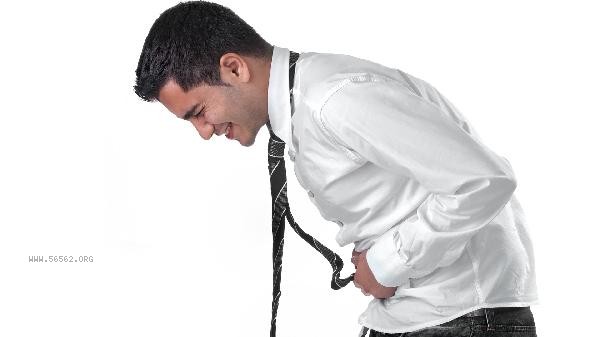Feeling stomach pain while running may be related to gastrointestinal spasms, improper breathing patterns, dietary problems, excessive exercise intensity, or insufficient blood supply to internal organs. Suggest adjusting the running pace and promptly investigating the specific reasons.

Abdominal pain during running is common when exercising immediately after meals, food is not fully emptied in the stomach, and intense exercise leads to mechanical stretching of the gastrointestinal tract, causing spasms. Shallow and fast breathing during running can cause frequent contractions of the diaphragm, which may stimulate the abdominal nerve plexus and cause pain. Excessive drinking of water or intake of high fiber foods before exercise may increase intestinal burden, and increased intestinal peristalsis during running can trigger colic. Sudden increase in pace or distance may exceed the body's tolerance range, and changes in intra-abdominal pressure can cause irritation to the peritoneum. Some individuals may experience visceral prolapse or poor blood circulation, and the redistribution of blood during intense exercise may cause transient visceral ischemia. People with underlying diseases such as chronic gastritis and irritable bowel syndrome are more likely to experience abdominal pain while running, and exercise may exacerbate pre-existing digestive system symptoms. In rare cases, vigorous exercise may lead to mesenteric artery ischemia or splenic capsule traction, and the pain is often persistent and severe, requiring immediate cessation of exercise. Avoid eating 1-2 hours before running, choose low fiber and easily digestible foods, and maintain deep and gentle abdominal breathing during exercise. It is recommended to start with low-intensity running and gradually improve. If pain recurs or accompanied by vomiting and fever, seek medical attention promptly to check for digestive system diseases. Daily core muscle training can be strengthened to improve visceral stability, and attention should be paid to supplementing electrolyte containing drinks during exercise to maintain fluid balance.









Comments (0)
Leave a Comment
No comments yet
Be the first to share your thoughts!